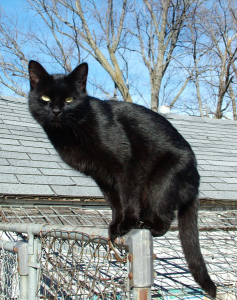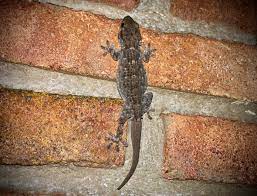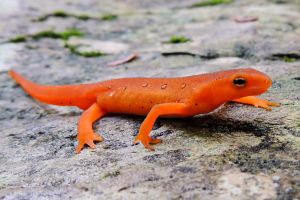In the rich tapestry of cultures worldwide, certain creatures are often cloaked in superstitions, their presence believed to foretell misfortune. The degree of ill luck attributed to these animals may vary depending on your geographical location and the prevailing local beliefs.
 1. **Owls:** In various cultures, owls are deemed messengers of the deceased, and their talons, skulls, bones, feathers, flesh, and blood have been associated with dark magic. These birds are also regarded as bearers of misfortune and omens of death. It is said that hearing an owl hoot thrice may foretell an impending demise.
1. **Owls:** In various cultures, owls are deemed messengers of the deceased, and their talons, skulls, bones, feathers, flesh, and blood have been associated with dark magic. These birds are also regarded as bearers of misfortune and omens of death. It is said that hearing an owl hoot thrice may foretell an impending demise.
 2. **Black Cats:** For centuries, black cats have been associated with notions of Satan and witchcraft, particularly in medieval Europe. Interestingly, in Japan, these ebony felines are considered symbols of good luck, particularly for single women. Nevertheless, crossing paths with a black cat is still commonly believed to bring misfortune.
2. **Black Cats:** For centuries, black cats have been associated with notions of Satan and witchcraft, particularly in medieval Europe. Interestingly, in Japan, these ebony felines are considered symbols of good luck, particularly for single women. Nevertheless, crossing paths with a black cat is still commonly believed to bring misfortune.
3. **Snakes:** Across various cultures, snakes can be seen as both bearers of good fortune and harbingers of doom. A black snake, in particular, is often viewed as an indication of malevolent forces attempting to infiltrate one’s life.
 4. **Wall Geckos:** In their native Southeast Asia, wall geckos are typically seen as harbingers of good fortune. If a gecko happens to fall onto your right shoulder, it’s taken as a positive omen. However, should it land on your left shoulder, it is considered a bad sign. Interestingly, in rural Egypt, coming into contact with a gecko is believed to lead to leprosy. In certain African regions, the presence of a gecko in a house is deemed so inauspicious that the house is often abandoned and set ablaze.
4. **Wall Geckos:** In their native Southeast Asia, wall geckos are typically seen as harbingers of good fortune. If a gecko happens to fall onto your right shoulder, it’s taken as a positive omen. However, should it land on your left shoulder, it is considered a bad sign. Interestingly, in rural Egypt, coming into contact with a gecko is believed to lead to leprosy. In certain African regions, the presence of a gecko in a house is deemed so inauspicious that the house is often abandoned and set ablaze.
 5. **Newts:** These amphibious creatures, often bearing a resemblance to geckos, have found their way into the concoctions of witches. While they were considered beneficial for witches dabbling in the dark arts, they were seen quite differently by those not partaking in such practices. These amphibians possess an unusual potency, capable of producing a potent toxin when threatened. This toxin can lead to symptoms including dizziness, paralysis, and, in some cases, even death.
5. **Newts:** These amphibious creatures, often bearing a resemblance to geckos, have found their way into the concoctions of witches. While they were considered beneficial for witches dabbling in the dark arts, they were seen quite differently by those not partaking in such practices. These amphibians possess an unusual potency, capable of producing a potent toxin when threatened. This toxin can lead to symptoms including dizziness, paralysis, and, in some cases, even death.





